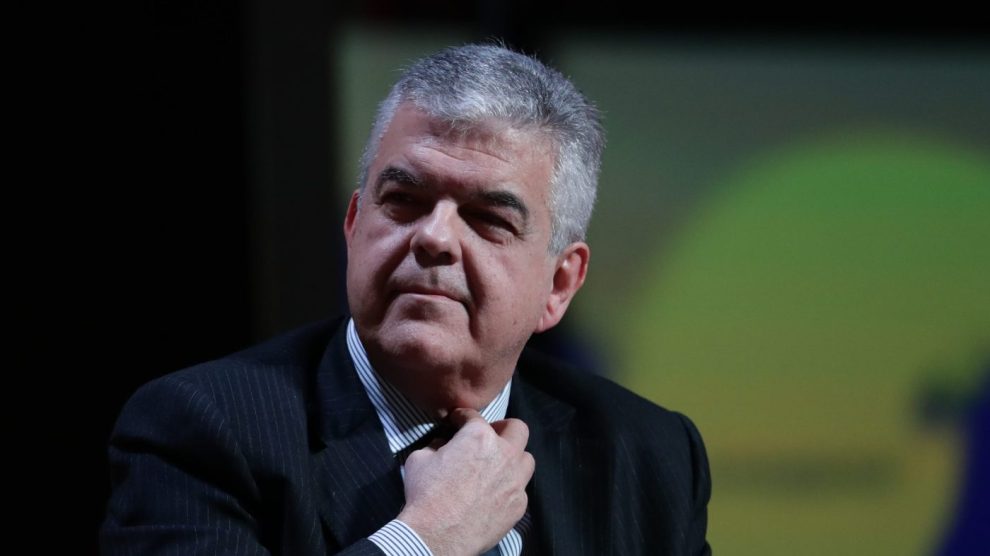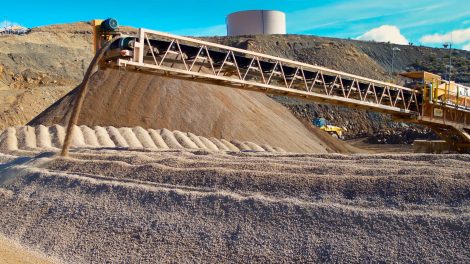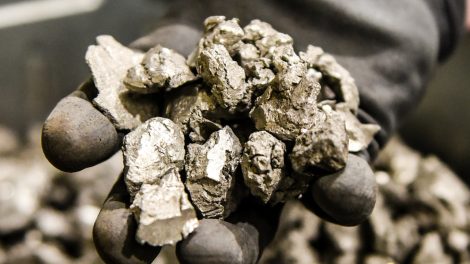Never waste a good crisis. Amid a chaotic period in world affairs, tensions and geopolitical instability, there are reasons for optimism. “We are at a turning point: we have to choose whether to merely watch global transformations or to become a significant player, or make sense of these transformations and lead them.”
- That’s how Luigi Ferraris, CEO of Italy’s State railway company FS Group, outlined his approach in the Longitude magazine.
Changing times… Events like the pandemic and the Russian war in Ukraine have uprooted certainties, he noted, but the EU reacted by pushing forward with its investments in the infrastructure and the energy transition – an area where FS “intends to play a leading role.”
- “Indeed, the general sentiment towards the construction of new infrastructure, beyond the residual NIMBY phenomena, has changed positively,” wrote Mr Ferraris.
- Meanwhile, the Italian government “is ensuring that the financial resources allocated are spent, generating concrete employment, and carrying out public works on schedule.”
… and strategic thinking. Renewing Italy’s decades-old infrastructure, with an eye on the future, is a pathway to expressing “the country’s potential, be it tourism or manufacturing,” and supporting Italy’s natural propensity “to play a role as a European logistics platform, precisely now that geopolitical balances have returned to make the Mediterranean strategic.”
- “Italy’s high-speed rail system, with its innovative hi-tech know-how, resilient digital transport infrastructure and design quality, is a cutting-edge model that has already been extended to other European countries, with contracts awarded in various parts of the world with the aim of exporting its rail systems of unparalleled expertise.”
FS’ vision (and 10-year business plan) envisages €190 billion in total investment. “Our goal is to create an integrated infrastructure system – railways, roads, stations, ports, airports, and freight terminals – creating an attractive, direct, convenient, and environmentally sustainable network so that a journey can be completed by changing from a train to a bus or other private or shared vehicle, all with a single ticket and using dedicated digital platforms.”
- The same goes for goods, “relying on the railroad for long-distance transport over land, and on other vehicles for the first and last mile service.”
- In the next ten years, “the capacity of our railway network will grow by 20%, passenger numbers on collective means of transport will increase by 30%, and the current share of 11% of freight by train – now far from the EU average – is set to double.”
Energy and data. FS also launched a renewable energy self-production operation, which will cover at least 40% of its needs by 2027 by exploiting areas owned by the group and no longer instrumental to the core business to install solar PV or small wind power plants.
- It also intends to boost data connection by laying fibre-optic cables along the 17,000 km of FS’ rail network, providing Wi-Fi in all 2,200 stations and offering an enabling infrastructure to remote and rural areas.





